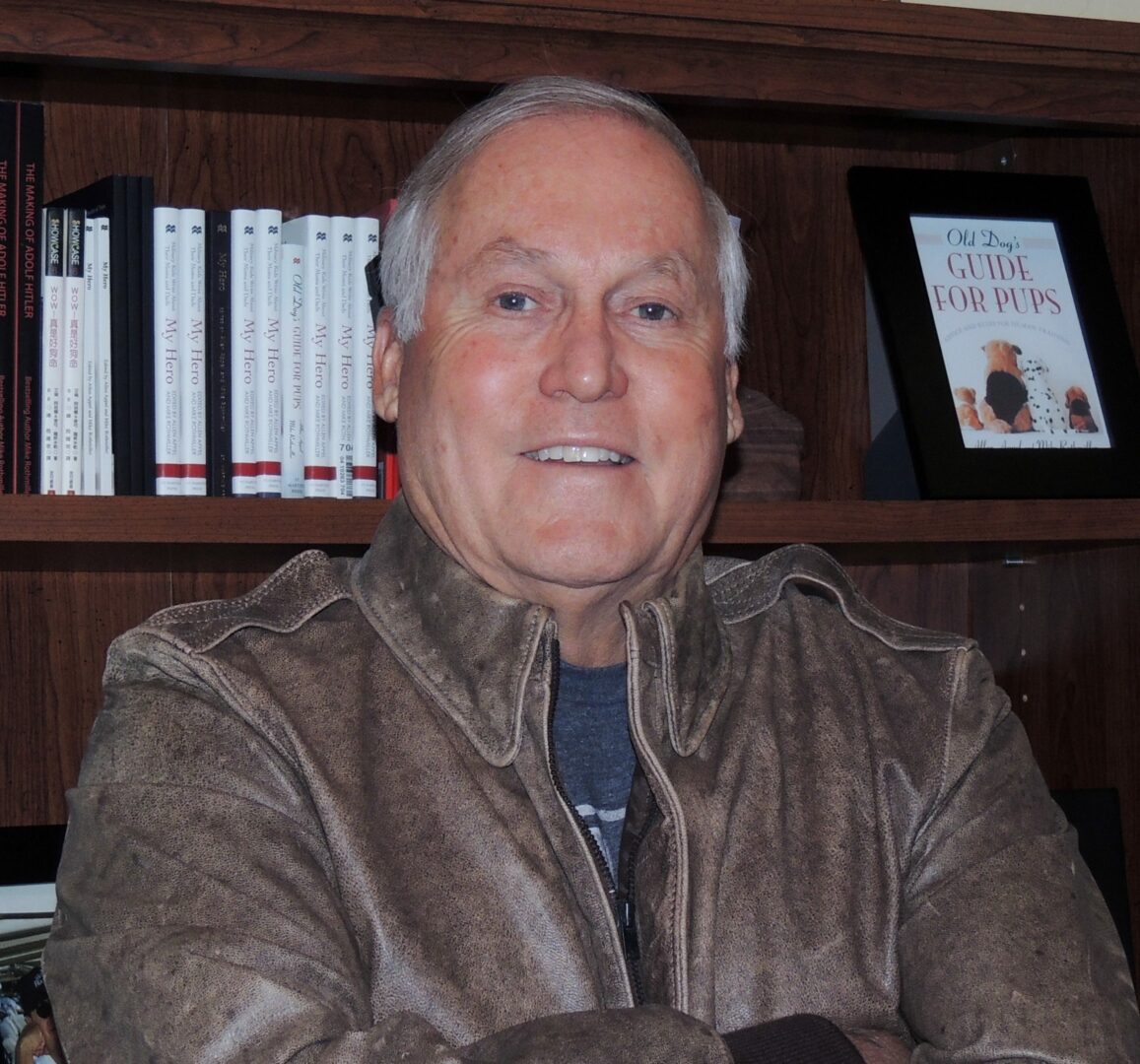Mike Rothmiller shared their story and experiences with us recently and you can find our conversation below.
Hi Mike, thank you for taking the time to reflect back on your journey with us. I think our readers are in for a real treat. There is so much we can all learn from each other and so thank you again for opening up with us. Let’s get into it: What’s more important to you—intelligence, energy, or integrity?
Integrity and intelligence is the most important. Without it, energy is questionable. A person you view with a lower intelligence level, probably has an intelligence level higher than yours but in a different field. If you keep an open mind, you can learn from anyone.
Here’s an example how I learned from someone. As a TV host I camped in the Amazon and spent time with a very primitive tribe. They had no use for a car, TV or any other appliance since they didn’t have electricity or money. That simply meant their intelligence surrounding those items was extremely limited, if they knew what a TV was. Yet, if I had to survive in the Amazon, I’d want them to teach me since they have survived in the jungle their either life. They have extremely high intelligence living in their world, I did not. Even the wealthiest people would not last in their world.
Can you briefly introduce yourself and share what makes you or your brand unique?
My career path has taken many twists and turns. I started as a police officer in Los Angeles and transitioned to being a
TV reporter, TV producer, and host for ESPN. I’ve been the president/CEO of a company and ended my corporate career directing three divisions for Sony Electronics EMCS-America. Beyond being in the corporate world, in the past 25 years I’ve become a New York Times Bestselling author.
I’ve also been fortunate to enjoy many adventures. I’ve flown with the Navy’s Blue Angels, I’ve landed and take off from aircraft carriers. I’ve scuba dived in underwater caves in Mexico; I’ve recovered artifacts from Spanish Galleons. I’ve driven in a demolish derby and I’ve camped in the Amazon. I’ve fished in many exotic locations, and I swam with snakes. Those are just a few, and I learned a life lesson from every adventure.
Okay, so here’s a deep one: What relationship most shaped how you see yourself?
This is an interesting question. However, I can point to my mother. When I was around 10 years old, I wanted to play little league baseball. I was unsure how I would do or what position I should try out for. My mother said, “You don’t know what you can accomplish unless you try. But, remember, always do your best.” I went on to become an all-city baseball pitcher and later and all league regional player.
Her words served me well. As an adult when a business or adventure opportunity presented, I rarely turned it down. I invented a line of plush toys, was in business with a major country western star and briefed the President of the United States. The point is, never be afraid to venture outside your comfort zone. Once you do, the next time will be much easier with less anxiety.
What have been the defining wounds of your life—and how have you healed them?
Beyond physical wounds, the wounds which required a different type of healing came from betrayal of a friend. Fortunately, it’s only happened a couple of times in my life when someone who I thought was a friend lied to me on a major issue. Shortly after I learned the truth I confronted them as a friend. I did not raised my voice or point an accusatory finger, I simply asked why did they lie to me? They danced around the question and finally admitted it. I was shocked by their answer, but soon realized I didn’t need fair weather friends. I gave it considerable thought and cut off all contact with them. Life is too short to accept such actions from anyone, especially someone you thought was a friend.
At the time I was shocked by their actions. Both occurred when I was a cop and the two were also cops.
I think our readers would appreciate hearing more about your values and what you think matters in life and career, etc. So our next question is along those lines. What would your closest friends say really matters to you?
Honestly, loyalty and keeping your word. These may ring of old fashion values, but they hold true to me in my personal and business life. You can’t have those values restricted to only your personal or business life. They must be incorporated in both. From major issues to minor ones, it matters. You will be judged by others and if you fail in one area, it will be expected you’ll fail in the others. It damages all relationships.
Consider this minor issue, being on time. In business or your personal life, if you are consistently late you will be judged as unreliable. It will damage your business life. If you’re consistently late to meet a friend, it will impact how they view you and your friendship. In business you will lose a promotion and in your private life, your friendships will be damaged or lost.
Thank you so much for all of your openness so far. Maybe we can close with a future oriented question. Could you give everything your best, even if no one ever praised you for it?
Always giving your best is a must in life. If no one praises you, it doesn’t matter. The most important thing is to understand is that you gave it your best. If you fail while doing your best, take solace in knowing that. No one succeeds in every adventure in life.
Contact Info:
- Other: Books are available on Amazon and Barnes and Noble.
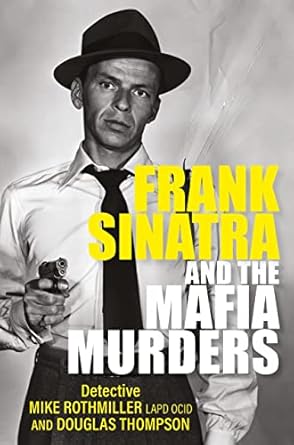
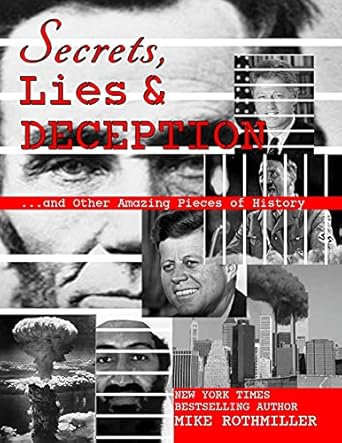
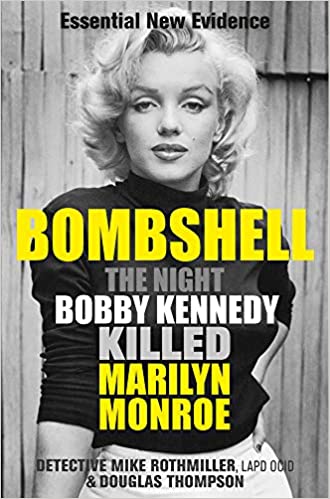
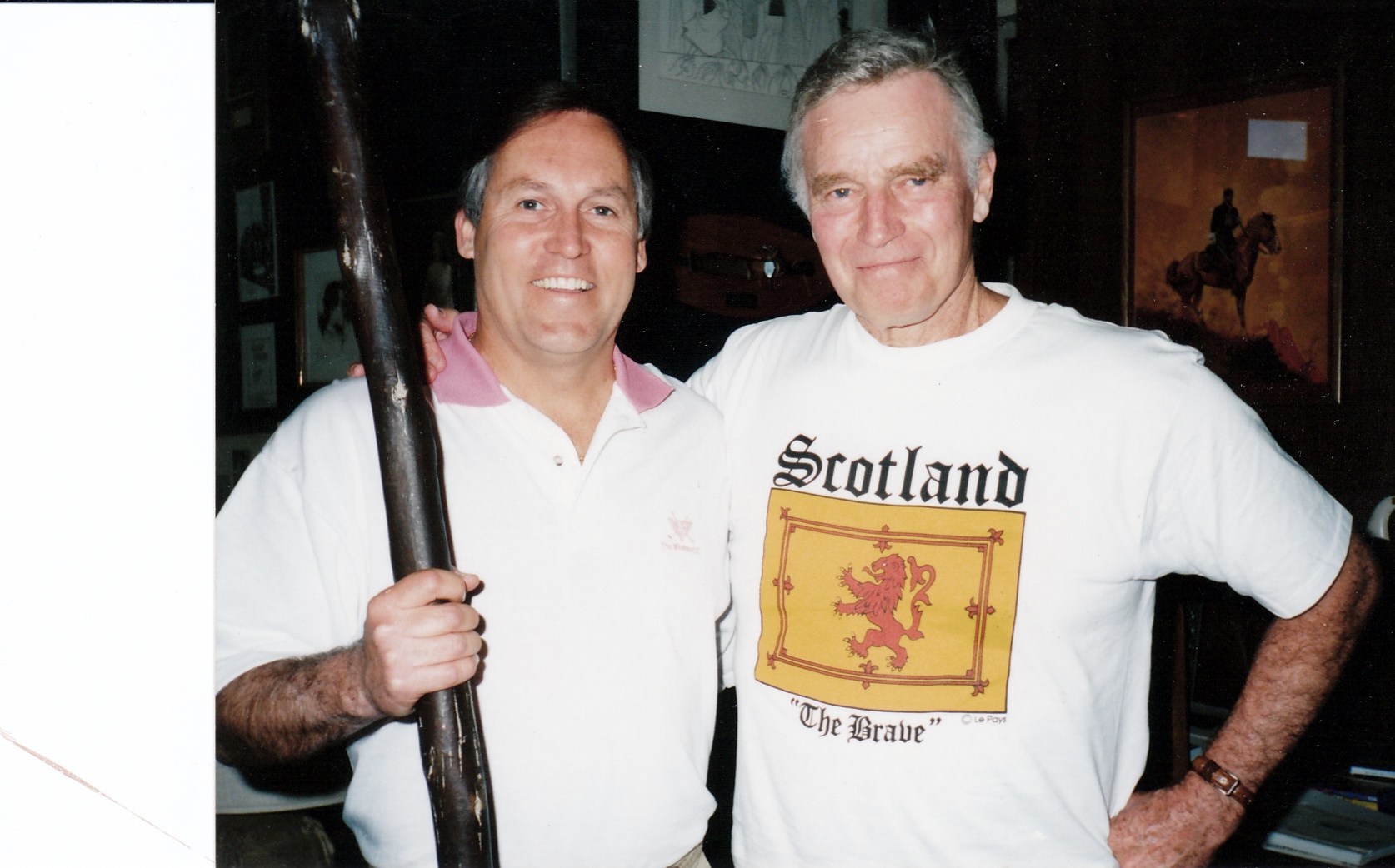
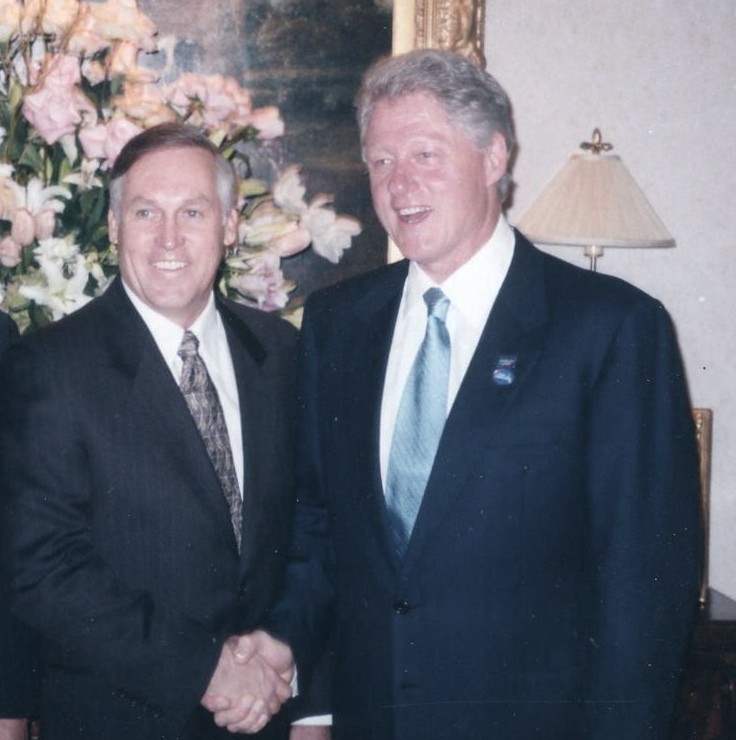
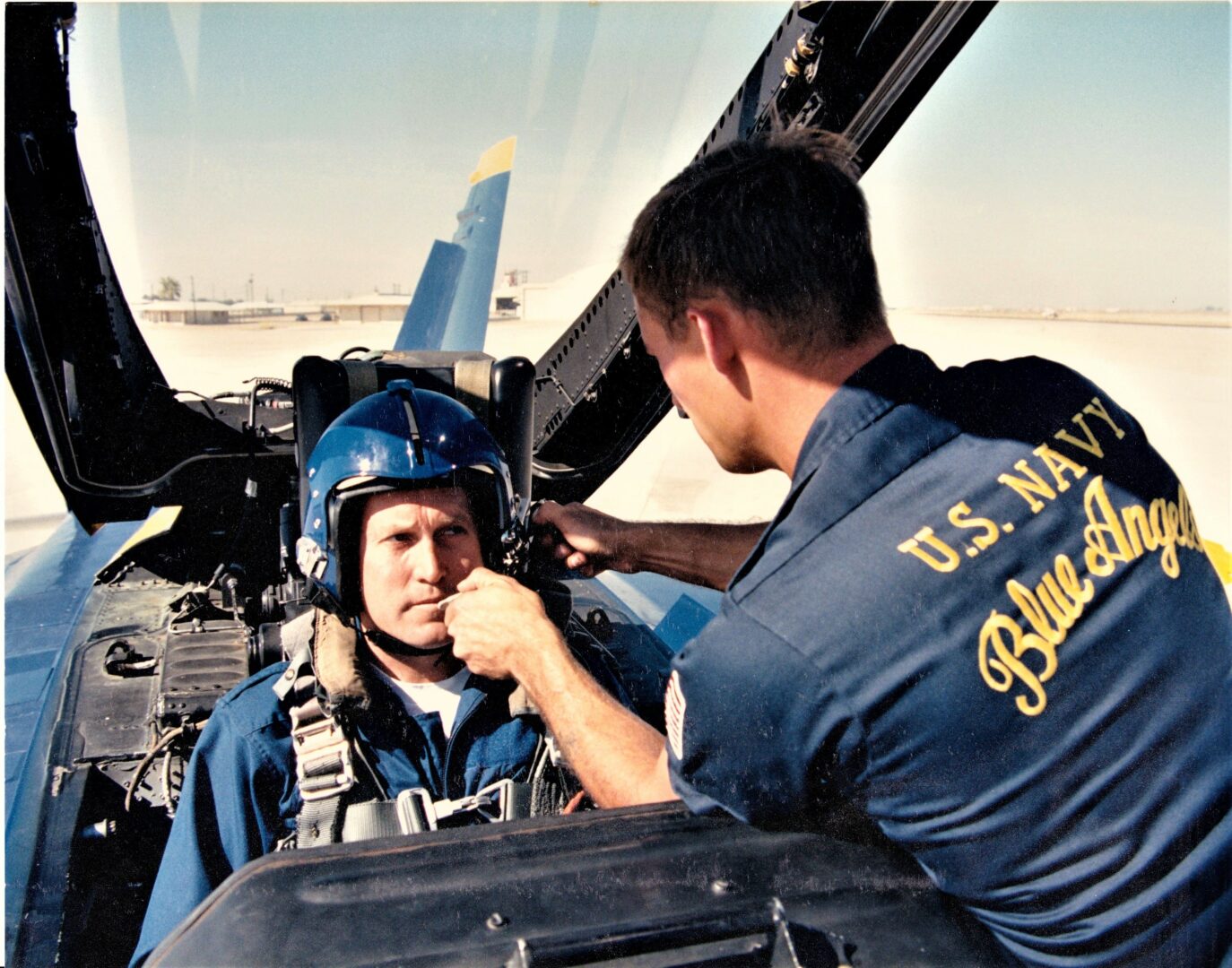
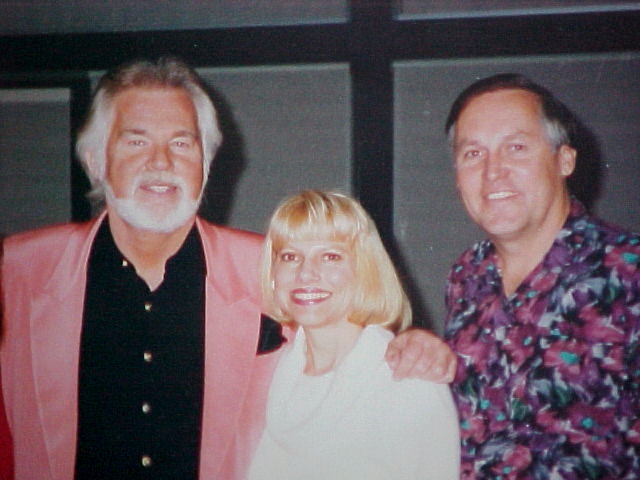
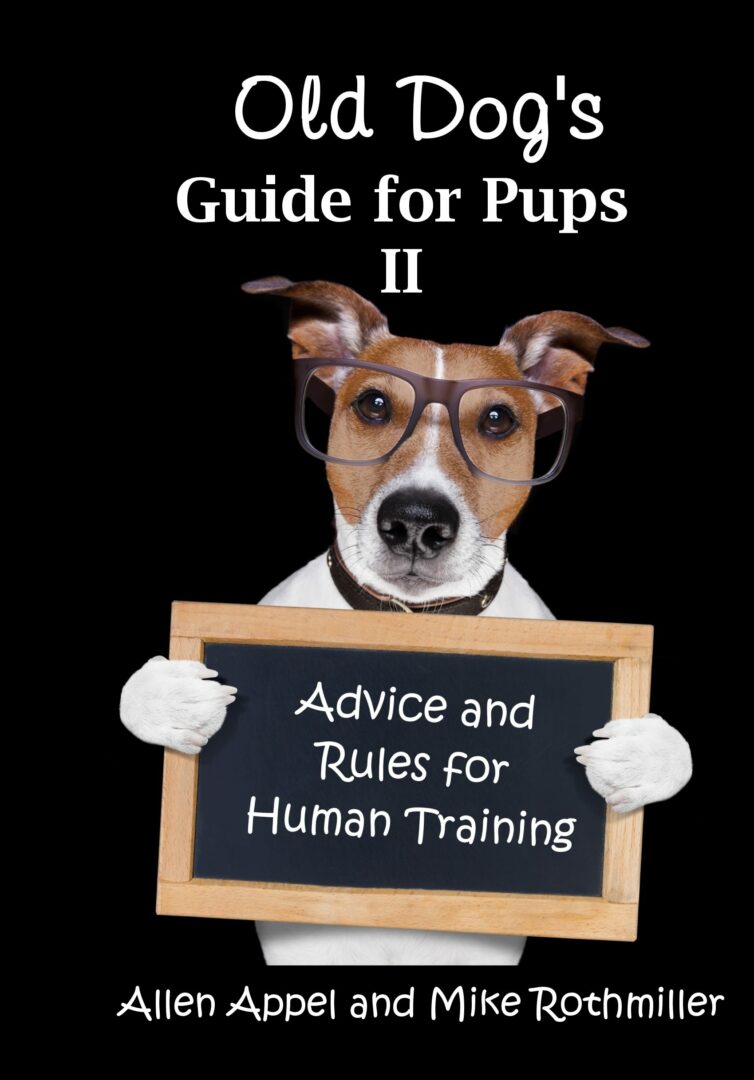
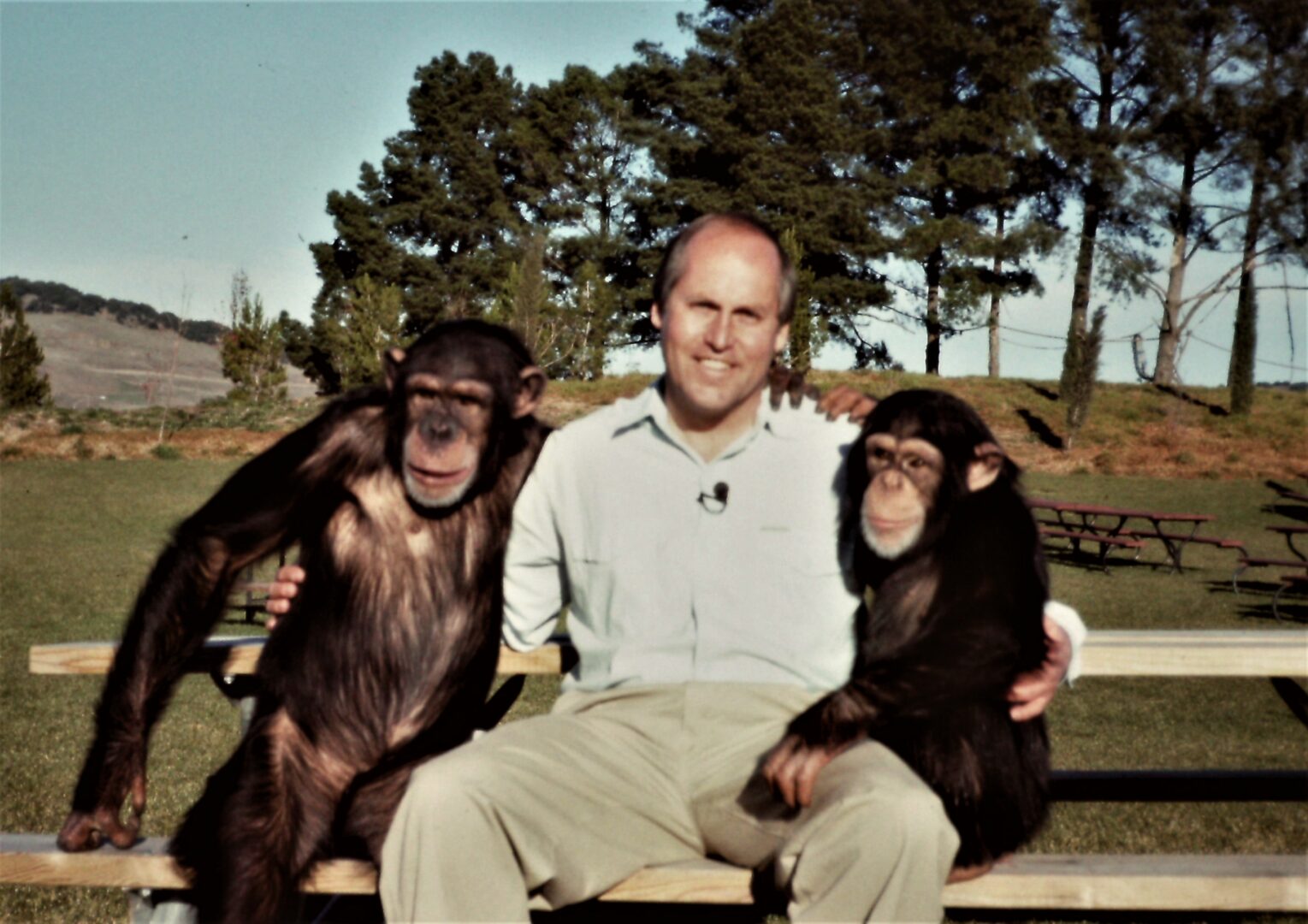
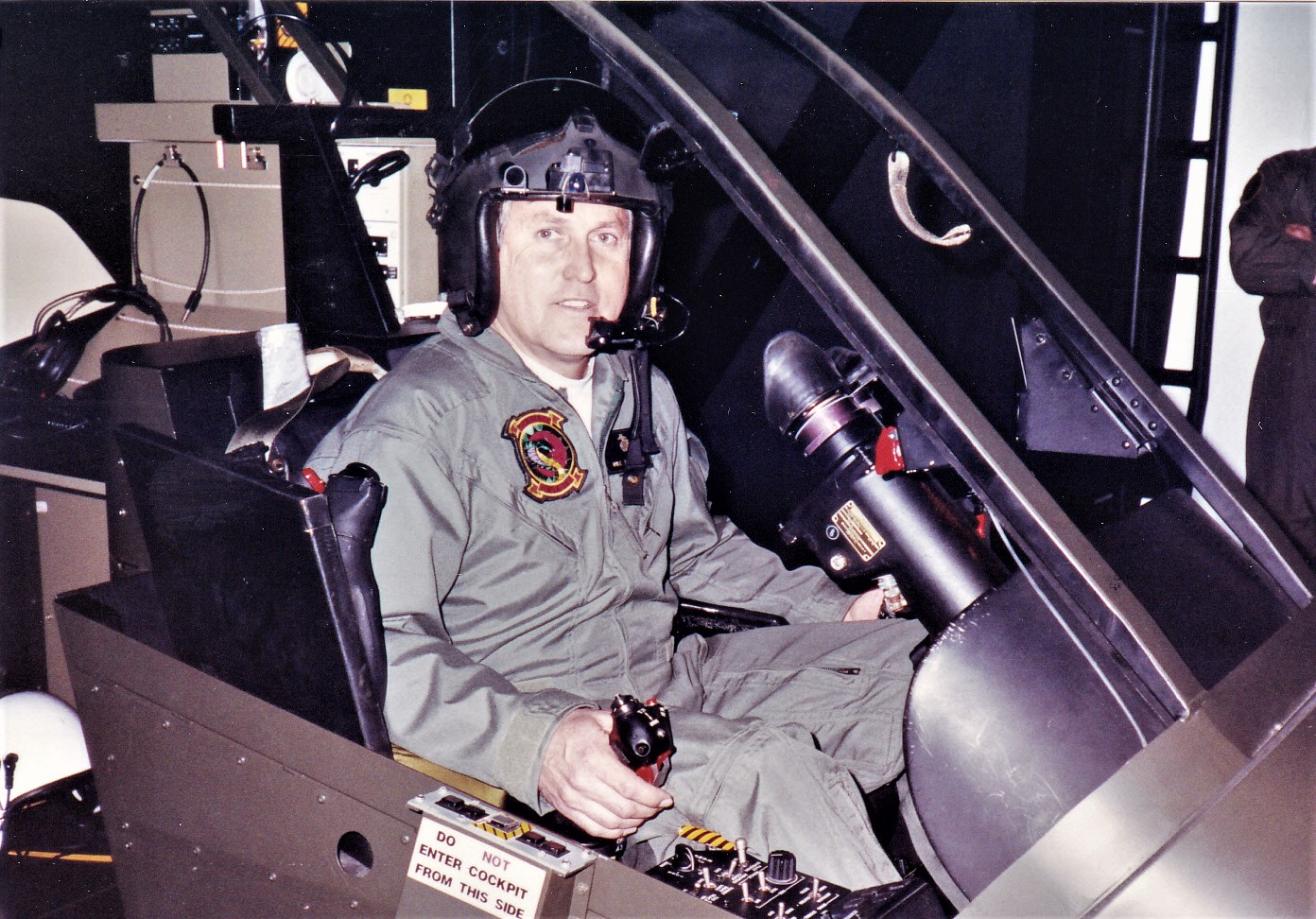
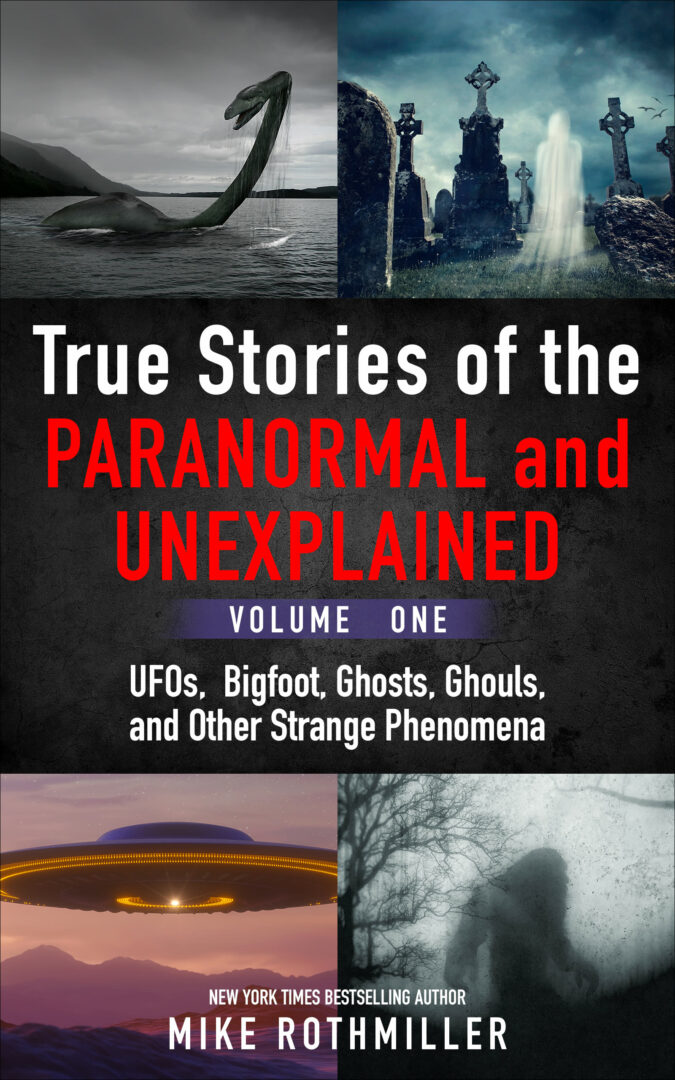
Image Credits
None
so if you or someone you know deserves recognition please let us know here.

